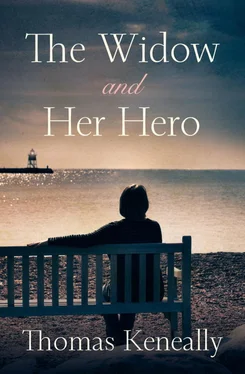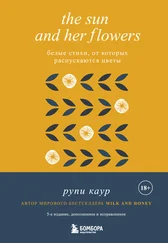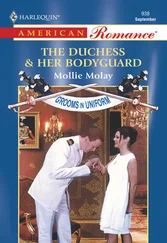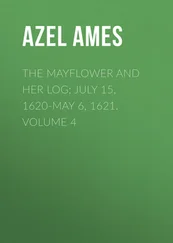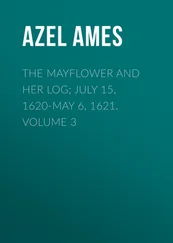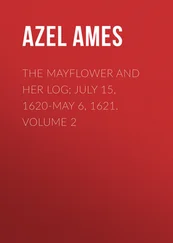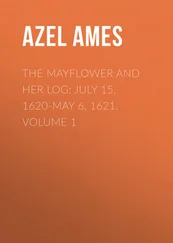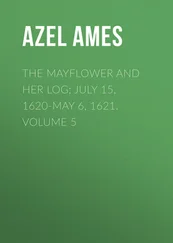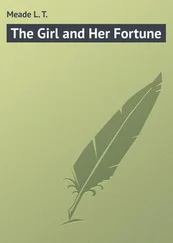Thomas Keneally
THE WIDOW AND HER HERO
To the Coverdales – Alexandra, Rory, Craig and Margaret
Nearly a quarter of a century ago, I was asked by the South Australian Film Corporation to write a screenplay on the extremely Homeric war-time operations against Singapore, from Australia, named Jaywick and Rimau. The film was never made. Since then, more and more information on these operations has become public knowledge, and though incidents which occur in this tale bear a debt to the two real wartime operations against Singapore, and though the real issues of Operation Rimau, and the beheading of its operatives, provide a spark for this tale, this narrative is not meant to be a roman à clef of those times and characters.
Thus the characters here presented, their motives and their inner souls, are not meant to reflect the actions, motives and inner life of any person who lived or died. There was, for example, no World War body named IRD (though similar organisations did exist). Nor were any battalions of the Royal Ulster Fusiliers part of Singapore’s garrison. And so on.
Just the same, for their depiction of secret operations from Australia at that time, I have a great debt to the following dedicated authors and sources:
The Heroes , Ronald McKie, Sydney 1989; The Krait: The Fishing Boat That Went to War , Lynette Ramsey Silver from the research of Major Tom Hall, Sydney 1992; The Heroes of Rimau , Lynette Ramsay Silver from the research of Major Tom Hall, Singapore 2001; Kill the Tiger, The Truth About Operation Rimau , Peter Thompson and Robert Macklin, Sydney 2002; The Transcript of the Trial of the Rimau Men , Australian Archives, Victoria. Other correspondence, including interrogation of Furuta, and Special Reconnaissance Force documents and reports, can be found in the Australian Archives, Canberra.
Leo. His last consciousness is written not on toilet paper supplied by Hidaka but on the yellow ether there, in Reformatory Road. He knows something enormous has fallen on his neck, but mercifully not much more, no focus, no subtle thought. So I’m assured. The subtlety is bleeding out of him. Perhaps he thinks of it as a bludgeon, a mallet, something ponderous. He had been expecting something more exact than that.
Had he remembered the hymn from our wedding? He chose it himself, you see. It was one he sang at idle seconds: Oh Lord of all Being throned afar thy glory flames from star to star, and so on.
Did he remember where he was? Pitiably undistinguished ground to which I have been once since, on a trip to Singapore, and hope never to see again. It is dead earth baked solid that has never been built on, perhaps for fear of spirits, I don’t know. Near Reformatory Road. Scattered over with the tube-shaped weeds they call Dutchman’s pipe. They eat insects, those weeds. I remember mites and flies stuck half-digested in their mucus. Plants which grew all over this ground and came not from the hand of the God of mercy. They picked this and that man up after unsuccessful blows. I know that. Those clumsy, effete swordsmen. They who postured about being knights of the blade! They had, engraven on the haft of the sword, a quotation-cum-prayer invoking the divine wind. No such wind honoured this. Yet at least one of the Outram Road samurais had done well, because Pat Bantry’s head had rolled near Hidaka, and Hidaka claimed he could see some light still there. Captain, said Pat Bantry’s severed head, since the heads of the saints and martyrs certainly talk when sundered. Then, Mother of mine!
Judicial Sergeant Abukara, however, was not a knight but a butcher. But at last he extinguished. Leo Waterhouse. All confusion ceased. The cloud of unknowing came down for my beautiful captain, Leo. It was a lost mother’s kiss.
From The Devil’s Disciple : ‘All I can tell you is that when it came to the point whether I could take my head out of the noose and put another man’s into it, I could not do it.’
Lovely words make it just about OK, as Leo wrote.
I knew in general terms that I was marrying a hero. The burden lay lightly on Leo, and to be a hero’s wife in times supposedly suited to the heroic caused a woman to swallow doubt or to understate her demands. Although, as much as women now, we suspected men might be childish or make mysterious decisions, it wasn’t our place to say it for fear of damage to the fabric of what we had. The Japanese had barely been turned back and had not abandoned the field of ambition. It was heresy and unlucky to undermine young men at such a supreme hour.
But with the confidence of near-on nine decades I can talk about doubt now. I would at least ask, what is so precious about the heroic impulse? Why do ordinary lusty boys love it better in the end than lust itself, and better than love? Why did Leo – judging by his actions – love the Boss, Charlie Doucette, in a way that rose above love of any woman, me included?
There’s a documentary on television every second night these days about the end of World War II and the kamikaze pilots, mysteries of self-immolation. The voice-over commentators are bemused by it all, as if self-immolation were alien to us. And that annoys me. Because self-immolation was a respectable fashion with us too then, in the early 1940s. Every boy and girl put their love on the altar of the war, and that’s just the way it was. We didn’t reflect on or criticise the impulse. We never really believed till it happened that it was our marriage which would be picked up and hurled into the fiery pit. We believed excessively in the fatherly wisdom of generals and statesmen. Every picture we saw and every song we sang approved of what was happening, approved of the risks, celebrated the immolations, and saw the hero return grinning and unaltered by the stress of events.
I believe I began to write this for the sake of my somewhat bemused granddaughter Rachel and for her daughters, but it grows to have a vaguer, more general audience than that. It is the manuscript I always fancied I could write. I am not averse to their finding it amongst what I leave behind, and I don’t think anyone else but the girls would be interested. But the act of addressing one includes the vain ambition to address a million. And to address to the unheeding millions what Leo in his innocence and martial mode wrote of it all.
Anyhow, let me get down to the case. Leo Waterhouse was the most beautiful adult boy I have seen in nearly ninety years of life on earth. I first met him when my cousin Melbourne Duckworth brought him home on leave to the New South Wales town of Braidwood in the warm December of 1942. My father came from Melbourne, like his brother, who had labelled his son with that city’s name. My father had moved north of the Murray River for his career’s sake and he was the Braidwood National Bank manager, which counted for a lot in a bush town at the end of a long drought, with an endless succession of dry skies over Australia. A bank manager’s discretion with credit was either cursed or blessed by farmers as the pastures got threadbare, and fissures of erosion afflicted the soil. We girls liked to think our dad was seamlessly blessed and thanked by everyone in town and from the farms about. It might have been so. He did have some sense of social justice.
My cousin Mel told me when Leo Waterhouse, our house guest, was not around that Leo’s father had been a farmer somewhere up on the north coast, but had lost his wife and taken a job in the administration of the Solomon Islands. Leo had grown up partly under the care of an aunt in Grafton, and in Malaita in the Solomons. Leo certainly looked to me as if he had spent his childhood in places which did not inhibit growth. He had already done some law at Sydney University, and that served to add to his wonderful worldiness.
Читать дальше
